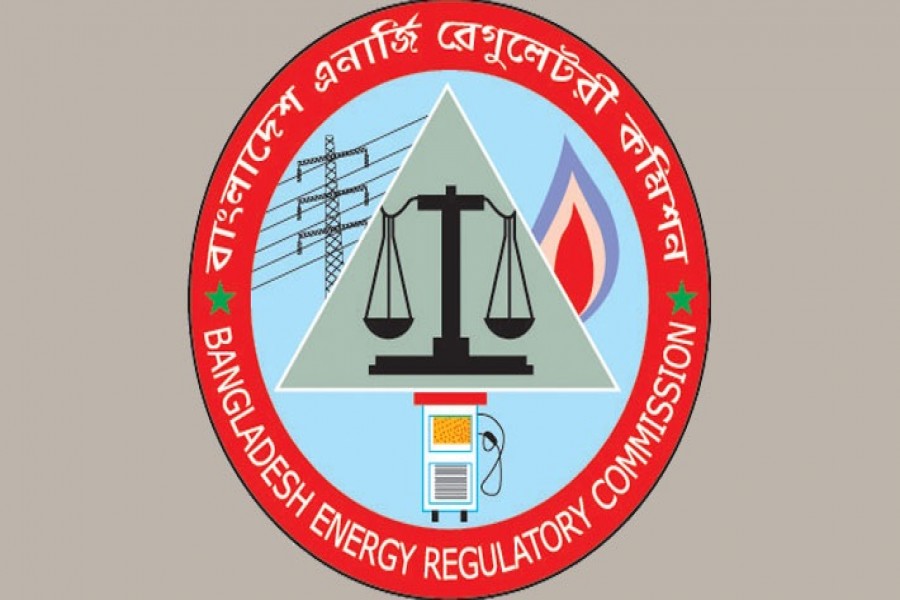The reported acceptance of revised proposals from power distribution companies for hiking the power tariff yet again by the Bangladesh Energy Regulatory Commission (BERC) would surely add to the worries of power subscribers. The people are already hard-pressed by frequent hikes in tariffs of other utilities, including gas and water, in recent years. Water and gas tariffs have gone up by nearly 100 per cent between 2009 and 2017 and power by about 70 per cent in five years until September, 2015. All the hikes are put into effect in the name of reducing the level of government subsidies made available to the relevant state-owned entities. But a few questions can fairly be raised about the issue of subsidies provided to the power sector.
The consumers have been questioning the justification of the hike in power tariff in recent years when international prices of fuel oils have fallen to a record low level. In fact, many tend to feel rather strongly that the government could have avoided so many hikes in power tariff, given the sizeable share of oil-fed power plants in the country's total power generation. Unfortunately, the power division is pursuing a policy that discriminates against the state-owned oil-based power plants and favours the ones owned by the private sector people. The latter are allowed to import furnace oil duty-free. They are also entitled to a 9.0 per cent service charge from the government on account of oil import.
But the power plants owned by the Bangladesh Power Development Board (BPDB) are required to buy the same oil at market price from the state-owned Bangladesh Petroleum Corporation (BPC). The price-difference between the two is as large as Tk18 a litre. This has led the BPDB to seek nearly 15 per cent increase in bulk power tariff. This has again prompted the power distribution companies to place power tariff hike at the retail level. The truth is that power subscribers are not enjoying the extent of subsidy the relevant policymakers very often claim to have granted in public. The government subsidy to the power sector in the year 2015-16 fell, reportedly, by 69 per cent to about Tk 28 billion from the previous year's level.
Even that amount of subsidy would not have existed had not the government been unusually generous while settling power-purchase deals with the rental and quick rental power plants in the private sector. The cost of procurement of power from the rental power plants is very high compared with that of state-owned power plants. Given the power situation in the late 2000s, the installation of rental power plants was a necessity. But dependence on them for a long period is not desirable because of their cost-intensive nature. The government should have installed cost-efficient large and medium base-load power plants expeditiously to reduce such dependence. Unfortunately, the government has largely failed to meet that objective.
Besides, substantial reduction in the system loss in power sector would have helped the authorities lower the power tariff to some extent. Though the rate of system loss has declined in recent years, it still hovers between 16 and 17 per cent. A close review of the relevant factors would lead one to conclude that any further hike in power tariff at the moment is unnecessary. Hopefully, the BERC would pay due attention to points raised by different consumers' rights organisations and relevant others against the proposal to hike power tariff at the upcoming public hearings before taking any final decision.


